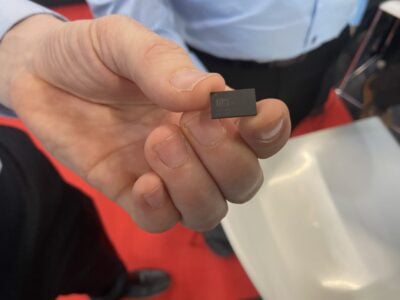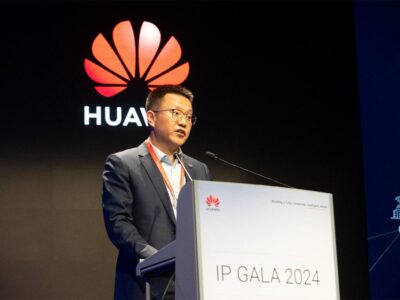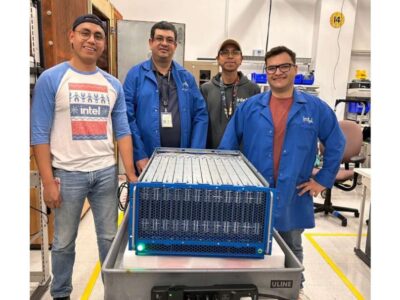
Japanese project to test solid state battery on the Moon
NGK Spark Plug, which has been making spark plugs and ceramic materials for 80 years, is backing a commercial lunar exploration program called HAKUTO-R by Japanese startup ispace to test out a trial solid state battery on its first trip the Moon in 2021.
Israeli startup SpaceIL yesterday launched the first commercial mission to the Moon, aiming to land in the next few months, but the project is only inteneded to last for a couple of days on the surface. Both SpaceIL and ispace were part of the Google X-prize programme that failed to put a rover on the Moon.
Testing solid-state battery technology on the Moon is aimed at supplying the burgeoning lunar industry with a stable energy storage solution. However, in order to conduct sustained lunar exploration, energy storage technology must be capable of withstanding extremely cold temperatures on the Moon, such as during the lunar night and in the permanently shadowed regions at the Moon’s poles where temperatures can fall to -150 °C.
The current solution to keep electrolyte batteries above freezing temperatures has been to attach an electrical generator which generates heat using sources such as radioactive isotope which can be hazardous. In comparison, solid-state battery technology uses a solid material as an electrolyte, such as ceramic, and avoids the issue of freezing liquid. Further, the technology is expected to produce safer, more compact batteries compared with conventional lithium ion batteries.
NGK has been pursuing research and development on “oxide-based ceramic electrolyte” battery technology with a focus on providing a wider operating temperature range and higher safety than other types. The choice of oxide eliminates the risk of combustion or hazardous gas leakage, and the company leverages its ceramics expertise in material and processing to improve the performance of its solid-state battery material. It has developed a unique capability of non-sintering the oxide-based electrolytes, instead of the common practice of sintering (densification of oxide electrolyte using a high temperature treatment). This will allow NGK to eventually make the batteries larger for multiple applications.
“We are very excited to participate as a corporate partner and a payload provider for HAKUTO-R’s challenge to embody our corporate message “IGNITE YOUR SPIRIT”. We will seek the possibilities of all-solid-state batteries and contribute to space development,” said Shinichi Odo, President & CEO of NGK SPARK PLUG.
Takeshi Hakamada, Founder & CEO, ispace added “Stable power supply will be the most critical component to enable industry to take to the Moon. Ultimately, this means NGK SPARK PLUG’s contributions will facilitate the expansion of human presence into outer space.”
 If you enjoyed this article, you will like the following ones: don't miss them by subscribing to :
eeNews on Google News
If you enjoyed this article, you will like the following ones: don't miss them by subscribing to :
eeNews on Google News




